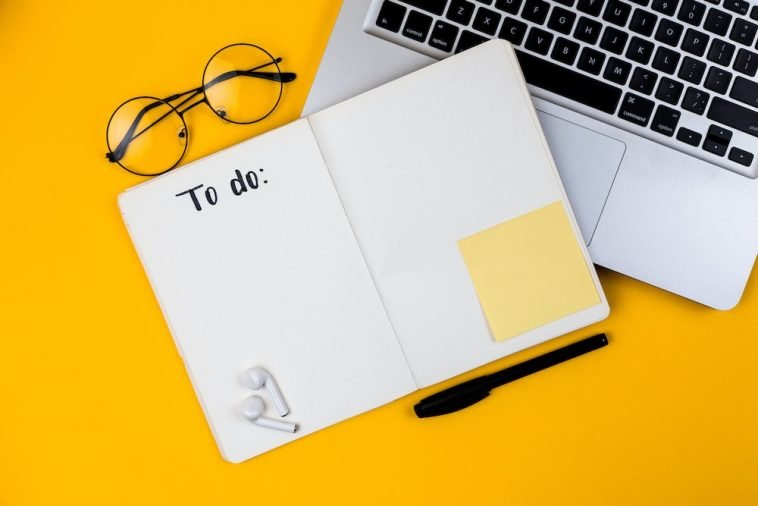Introduction.
Freelancing has become one of the most flexible and rewarding ways to earn a living. It allows you to work on your terms, pursue projects you’re interested in, and even build a career from scratch, all while being your boss. But getting started can feel a bit overwhelming, especially if you think you don’t know enough yet.
The good news is you don’t need to be an expert to start freelancing. With some basic knowledge, determination, and the right strategies, you can start your freelancing journey and grow from there.
Let’s break this process down step by step so it feels doable and clear.
Why Freelancing Is Worth Exploring
Freelancing isn’t just a trend—it’s a huge part of the global workforce now. Did you know that in the U.S. alone, about 39% of workers were freelancing in 2023?
That’s around 60 million people! The freelance economy is growing fast because people want more freedom, control over their time, and opportunities to explore work they’re passionate about.
Even if you’re just starting, freelancing gives you the chance to test out your skills, build your portfolio, and earn money doing something you’re good at.
Whether it’s writing, designing, coding, teaching, or even managing social media accounts, there’s a space for almost every skill.
How Do I Start Freelancing with Basic Knowledge?
1. Figure Out What You Can Offer
You might think you don’t have enough skills, but chances are, you do! Think about what you’re naturally good at or what people often ask for your help with.
It could be something as simple as proofreading documents, designing flyers, or even helping someone organize their tasks.
Some examples of beginner-friendly freelance services:
- Writing blog posts
- Editing videos
- Creating social media posts
- Data entry or basic research
- Teaching or tutoring on a subject you know well
- Virtual assistance (like managing emails or scheduling)
You don’t have to be perfect at it; you just need to start. Freelancing is as much about learning as it is about earning.
2. Build a Simple Portfolio
Clients will want to see examples of your work before hiring you. Don’t worry if you don’t have paid projects to show yet. Create a few samples that showcase your skills. For example:
- If you’re a writer, write a few blog posts on topics you enjoy.
- If you’re into graphic design, create sample logos or social media templates.
- If you’re looking at virtual assistance, draft a simple calendar management plan.
Your portfolio doesn’t have to be fancy. A simple Google Drive folder or a basic website (using free platforms like Wix or WordPress) will do just fine to start.
3. Choose the Right Platforms
Freelance platforms are a great way to find your first clients. Here are some popular ones where beginners often succeed:
- Upwork: Great for a variety of skills, from writing to graphic design.
- Fiverr: Perfect for offering small, task-based services.
- Toptal: Ideal for specialized skills like software development (for later when you’re more advanced).
- Freelancer.com: Has a wide range of job categories.
When you sign up, create a profile that highlights your strengths and includes your portfolio. Be clear about what services you’re offering and who you can help.
4. Start Small and Build Confidence
In the beginning, it’s okay to take smaller, lower-paying gigs to gain experience and build your reputation. These jobs may not pay much, but they can help you:
- Get reviews and testimonials
- Improve your skills through real-world experience
- Understand how to communicate with clients
As you complete more projects and get positive feedback, you’ll naturally attract higher-paying clients.
5. Learn and Improve as You Go
Freelancing is a continuous learning process. Take time to improve your skills, whether through free YouTube tutorials, online courses, or practice.
Some platforms like Coursera, Skillshare, and Udemy offer affordable courses on almost every topic you can think of.
For example:
- Learn design tools like Canva or Adobe Photoshop if you’re into design.
- Pick up writing techniques through blogs or writing groups.
- Explore coding basics if you want to enter the tech field.
6. Set a Routine and Stay Organized
Freelancing gives you freedom, but it also requires discipline. Setting a daily routine can help you stay productive. Keep track of deadlines, communicate regularly with clients, and always deliver your work on time.
There are simple tools that can help you stay organized:
- Trello or Asana for task management
- Google Calendar for scheduling
- Wave or PayPal for invoicing
Challenges You Might Face (And How to Overcome Them)
- Finding Clients: It takes time to get noticed. Be patient, keep applying to jobs, and improve your proposals.
- Dealing with Rejections: Not every application will lead to a job, and that’s okay. Use feedback to get better.
- Managing Time: Freelancing can feel chaotic without a plan. Start each day by listing your priorities.
FAQs
1. Do I need certifications to start freelancing?
No. Most clients care more about your ability to deliver results than your credentials. However, certifications can help you stand out, especially in competitive fields like graphic design or coding.
2. How do I price my services?
Start by researching what others charge for similar services. As a beginner, you can start on the lower end and increase your rates as you gain experience.
3. What if I don’t have any clients at first?
Don’t get discouraged. Keep improving your profile, updating your portfolio, and applying to jobs. Networking on LinkedIn or other social media platforms can also help you connect with potential clients.
4. Can freelancing be a full-time career?
Absolutely. Many people start freelancing as a side hustle and eventually turn it into their main source of income.
Conclusion
Starting freelancing with basic knowledge might seem like a big leap, but it’s entirely possible. Focus on what you already know, put yourself out there, and keep learning as you go. Remember, every successful freelancer started where you are now—with the first step.
So, what’s stopping you? What’s the first skill or service you think you could offer as a freelancer? Let me know in the comments!





GIPHY App Key not set. Please check settings